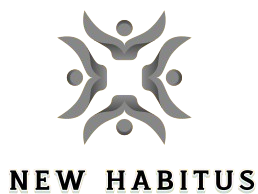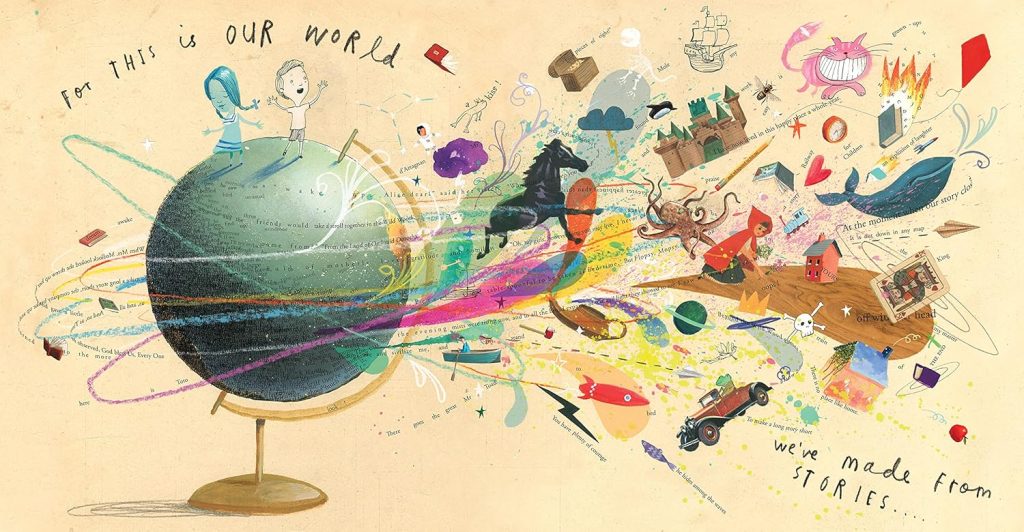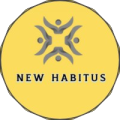Coaching for the Fairbanks Community & Beyond

Why is my coaching business called “New Habitus”?
A habitus is a social theory of practice, which includes embodied knowledge. It represents all of who we are, including thoughts, beliefs, emotions, values, tastes, education, social status, dress, possessions, and bodily comportment. It is the totality of our personhood, our activities and how we move through the world. Its meaning is comprehensive and holistic, and encompasses dynamic mind-body-social connections. It is both theoretically and practically powerful.
Closely affiliated with the work of French sociologist Pierre Bourdieu, the habitus was first theorized as a (generally) negative unconscious “stuckness” (especially for those in poverty), a “structuring structure” that would greatly affect one’s livelihood, while simultaneously indexing to others a “type” or “category” of social actor. For example, a working-class person could seem ignorant to a person who graduated from college. It could reinscribe and reproduce reductive and dehumanizing stereotypes, unless a person found a new lens within that structure.
Indeed, much of who we are is learned both explicitly and implicitly by the dominant culture, and, in turn, we internalize it. And, interestingly, this internalization shows up in the body in both subtle and profound ways, from a defeatist slouch, to muscle pain.
Another example: patriarchy tells women and men how to behave as ideal feminine and masculine beings, with the “right” habitus, which could include gendered notions of job, family, clothes, colors, accessories, body language, poses, hand gestures and even gaits. Yet, upon even the slightest social analysis, no ideal for feminine and masculine really exists, and rests on a simplistic binary. It’s made up, and varies across time and cultures.
With awareness and just a little study, the gender binary falls apart. Even the biology of sex is way more complicated than we think, with myriad layers of genetics, individual DNA, chromosomes, hormones, internal reproductive organs, and external genitals.
And then suddenly at birth, an infant is proclaimed to be either a boy or girl, thus reducing all of that biological complexity based on visible external genitalia alone. Society then provides powerful scripts about how we should behave based on the overly determined binary, and a hierarchy of power.
Systemic structural change through politics, policies and activism is important, and can carry a culture forward in positive ways at a macro level. But so much of that is outside of our everyday control, which causes frustration and burnout. And it often feels like one step forward and two steps back.
Given the above, how do we begin to consciously “live more liveable lives,” as Judith Butler suggests? And how does slow, incremental, intentional personal change help us to show up as our best selves (given the context) so that we can live within our values, and do what’s right for ourselves while also working smartly and compassionately for the people and communities we care about? In other words, what can we honestly control? What really does feel empowering?

In other words, how can we create a “new habitus”? Where is the place for agency within the structure?
As mentioned above, the first step is awareness (both social and self-awareness), but beyond that there are specific research-based, mindful and hopeful strategies to be in the world more aware and present, without giving our power away to a whole suite of social dramas, toxic dynamics and frustrating circumstances.
I think of the “new habitus” as an open concept. A way to live with love and compassion for self and others with curiosity and possibility. We can make the unconscious conscious, and the strange familiar.
To conclude, “New Habitus” is a life-coaching business for critical thinkers, including feminists. It includes a whole-body-mind-social theoretical framework of how we are in the world, what is empowering, what is not, and what is within our power as individuals to change. The idea is that how we show up for ourselves impacts how we show up for our families and communities.
